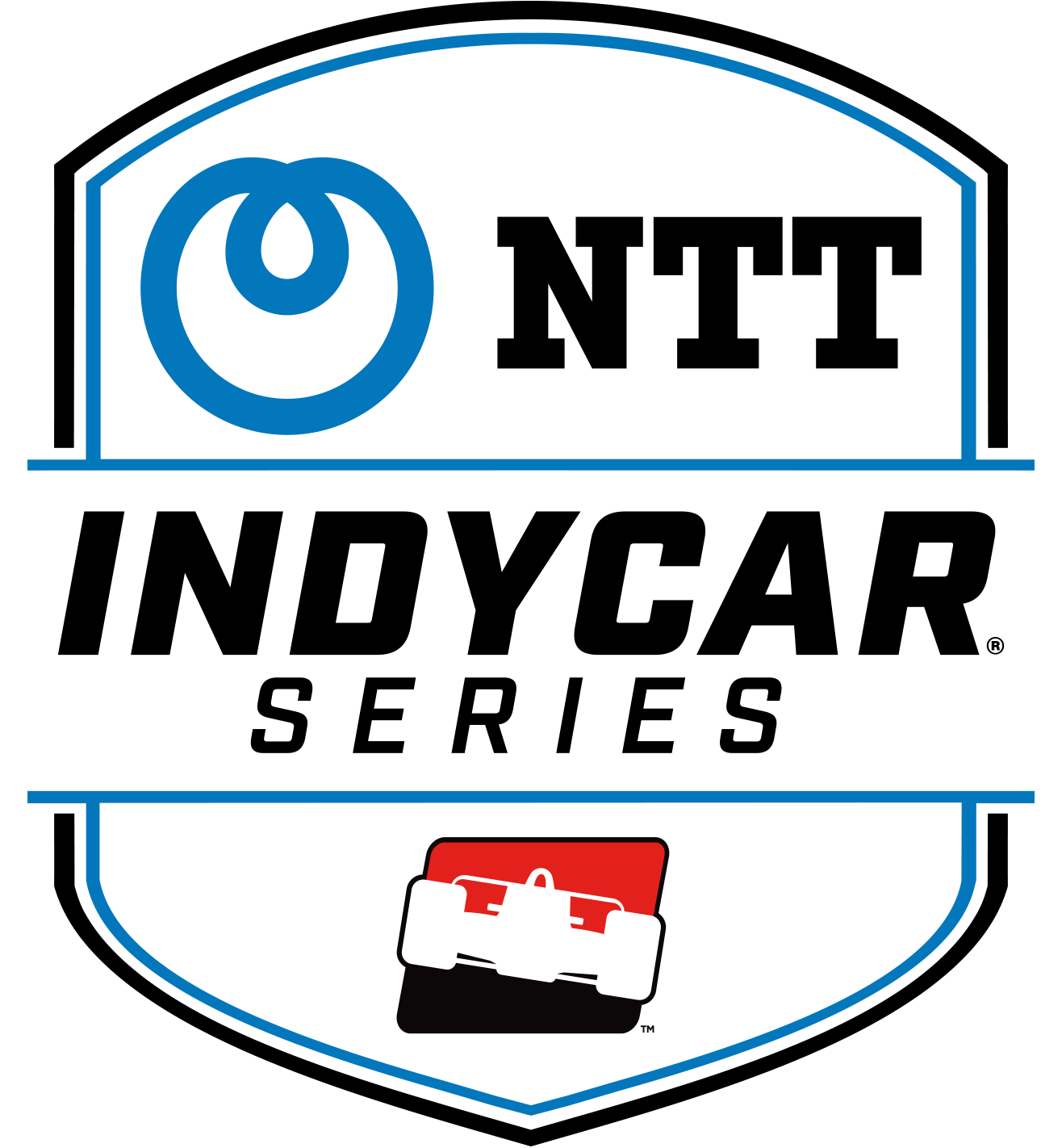Ward Engineering Progress in New Role at Arrow McLaren
AUG 04, 2023
Thirteen months have passed since Gavin Ward joined Arrow McLaren.
The Canadian served as race engineer for Josef Newgarden the four previous years at Team Penske. The duo collected 13 wins during their time together, along with hoisting the Astor Challenge Cup in 2019. Before coming to the NTT INDYCAR SERIES in 2017, Ward spent 12 years with Red Bull Racing, working up through the ranks with the Formula One outfit before earning the role of aerodynamicist for the final three seasons.
Still only 38 years old, Ward was hired as Arrow McLaren’s director of trackside engineering. However, the departure of team president Taylor Kiel at the end of last season saw a shakeup behind the scenes, with Ward promoted to racing director in December.
If the new undertaking wasn’t enough, the program expanded to three cars this season with Alexander Rossi joining Felix Rosenqvist and Pato O’Ward. The growth also meant a slew of new hires with varied levels of experience.
“The changed role through the start of the offseason and all that, for me, it's had its moments of stress and learning curve and all that,” Ward said. “But on the whole, it's nice to be able to build what you always wanted to do and also help the guys here that have their vision of what they want to build a race team and be able to streamline that. I think we’ve got a lot of good people. We've made a step.”
Arrow McLaren launched from the gates with tremendous pace, with O’Ward scoring three runner-up results through the opening five rounds. The GMR Grand Prix on the Indianapolis Motor Speedway road course in early May has been the organizational highlight thus far, with all three drivers finishing in the top five – second (O’Ward), third (Rossi) and fifth (Rosenqvist).
At the 107th Indianapolis 500 presented by Gainbridge on May 28, the group welcomed veteran Tony Kanaan in a one-off effort, and all four drivers qualified among the top nine. It appeared Arrow McLaren was peaking at the right time as the team’s three full-time drivers were a force, combining to lead 76 of 200 laps in “The Greatest Spectacle in Racing.” Although everything unraveled with 17 laps to, with only Rossi’s fifth-place finish serving as the benchmark and only top-15 result, the strength was evident.
That was the opening six races, though. Now, entering the Big Machine Music City Grand Prix on the streets of Nashville for Round 13 of 17, the organization continues to find ways to score occasional podiums but remains in search of its first victory of the season.
“We're like healthy level of frustrated this year with having lots of pace but maybe not quite the results we hoped for,” Ward said. “But I think we look pretty introspectively at that, as well, and think: 'Well, how do we get that better? How do we execute better on race days?' Because I think that's just a little bit. We're just missing a bit, and it's not one thing in specific, but there's a lot of things we do just a little bit better to really get ourselves right at the front.”
When thinking back to the transition of overseeing the entire program, Ward confessed there were “probably always a few doubts here and there.” Part of that stems from the competitive fire of never being satisfied.
“At the same time, I think you have to detach from the results and enjoy the process, trying to build a better race team and enjoy going racing, regardless,” Ward said. “I don't think it's about being 100 percent numb to the kind of emotions that go in racing because at the end of the day we're all in it to compete. We enjoy that. It's a buzz, but you got to have the right healthy level kind of detachment.”
That concept comes from his experience as a race engineer, with the task of managing people in that high-pressure environment being a good step of preparation.
“It's a lot about keeping your driver in the right mindset,” Ward said. “It's a lot about keeping your crew in the right mindset. It's a lot of managing your own emotions, to be honest. You know, there's a lot of pressure in that job. I think it's less pressure to what I do now, in terms of the race days. Being the race engineer on a timing stand can be pretty intense.
“Now for me it's like: 'OK, how do I not make that worse? How do I help people?' First, do no harm. I like it because there's still a place for the methods you use as an engineer. I always took engineering as like: 'How do I practically apply the science to make something better? And if I don't understand it, how do I understand it a little better?’ I'm not going to understand all of it, but then I can take a little bit of theory, simplify it, try and make something, be right more often than I'm wrong.
“You can use all of that with people. There's a lot of research about how to form good teams and how people perform in different environments, how to train better for performance under pressure, and all that sort of stuff. So, I've taken the, maybe it sounds impersonal, you think you're going to engineer people, but at the same time I think you can still be science research-led on some of this stuff, which is fun.”
With most of this season in the books, the attention to detail on winning now but also continuing to grow and take the necessary next steps to shape Arrow McLaren into a powerhouse is fresh in Ward’s mind. It’s a balancing act.
“Yeah, I think the long-term versus short-term focus for racing teams is a really interesting problem,” Ward said. “A lot of teams naturally, when you're a racing engineer or you're trackside, it's hard not to live in the day-by-day firefight, short-term kind of view. But similarly, you can get totally lost if all you do is focus long term and you still need to execute, and you can still learn so much from each race. But I do think the big gains in the sport come from a long-term focus.”






















